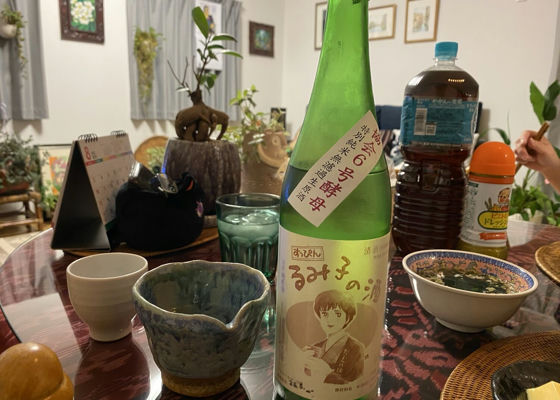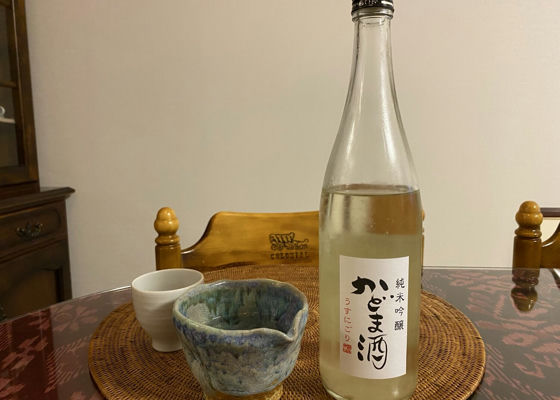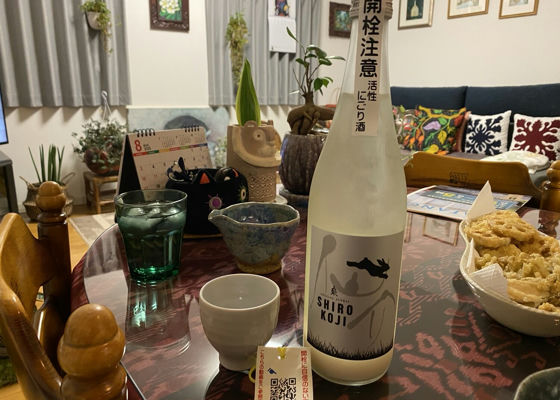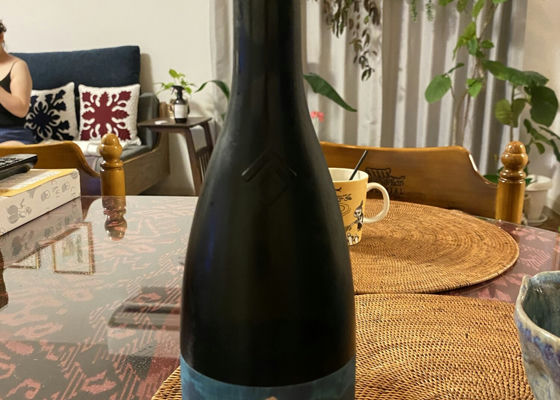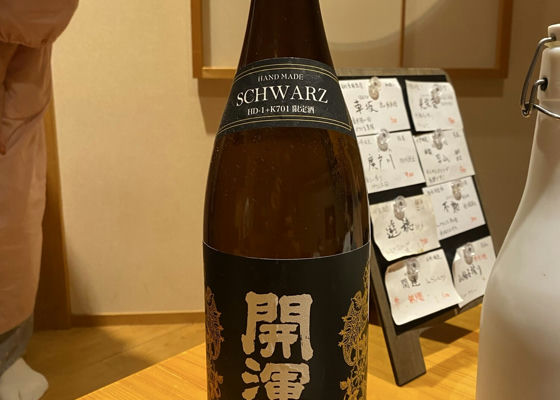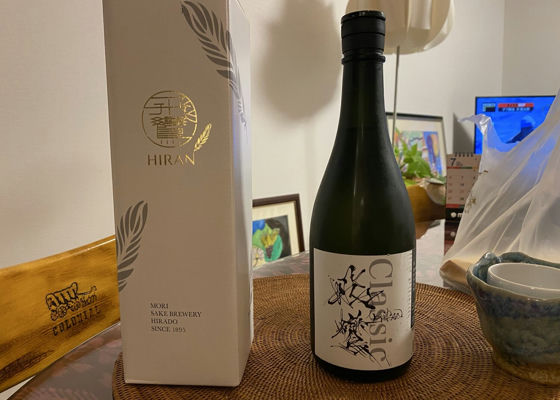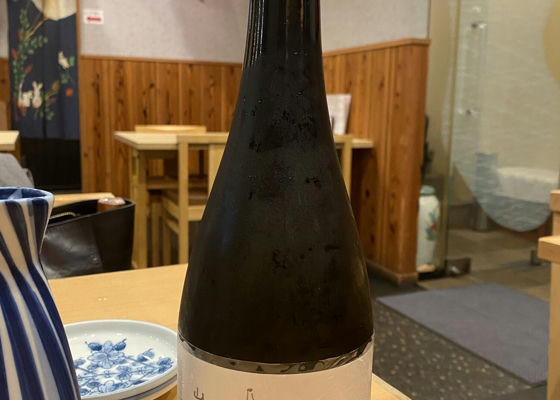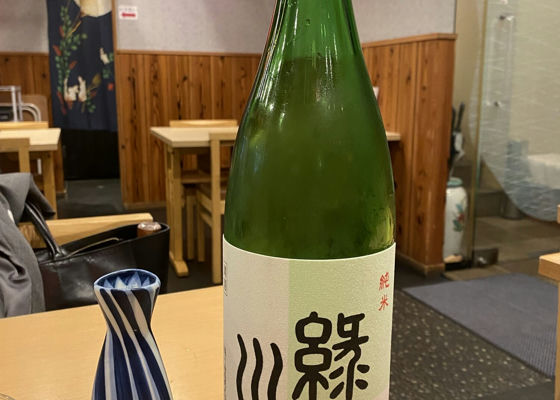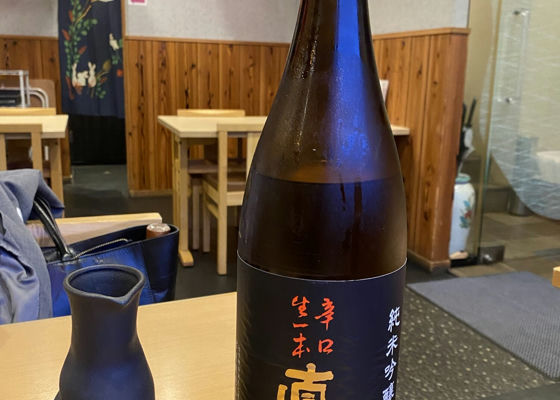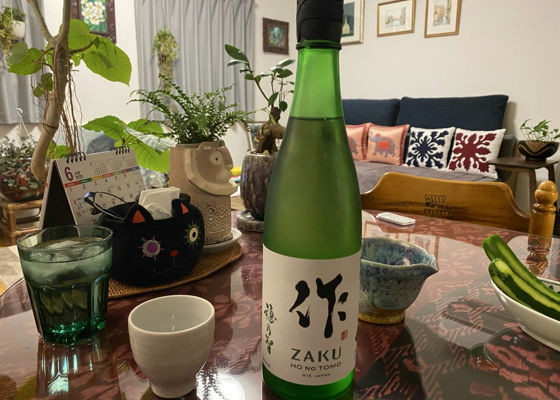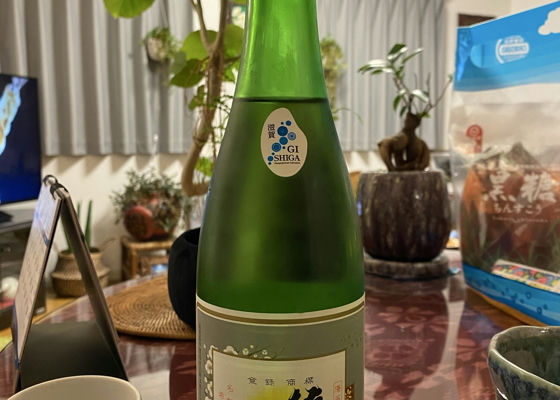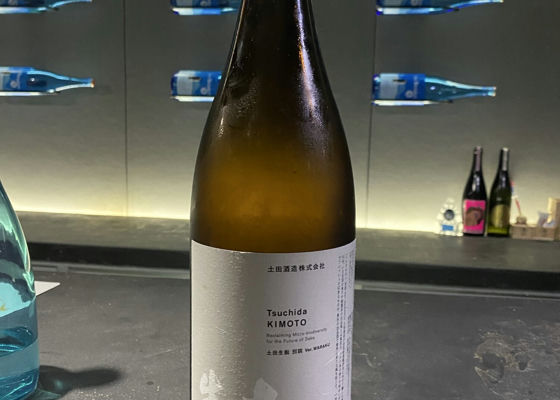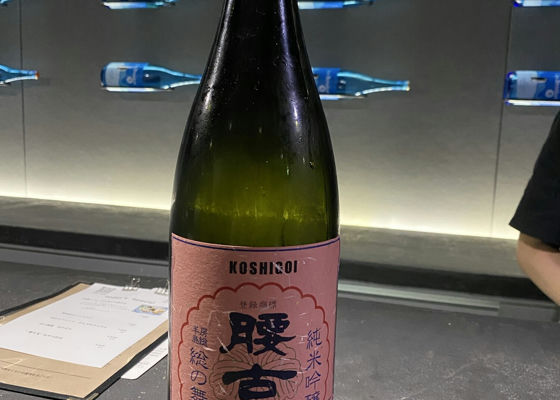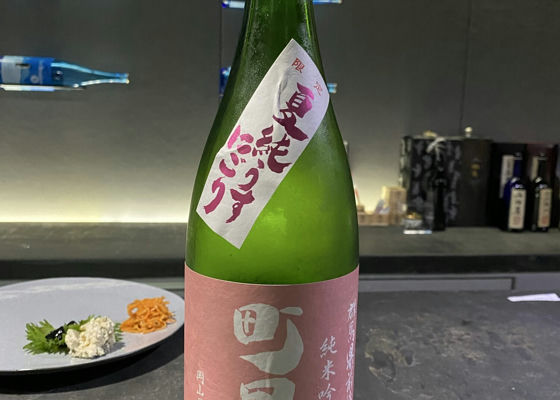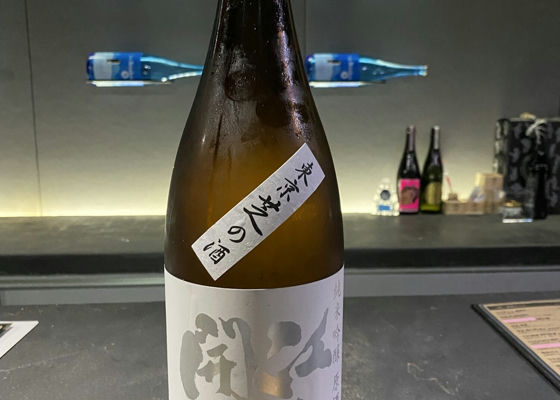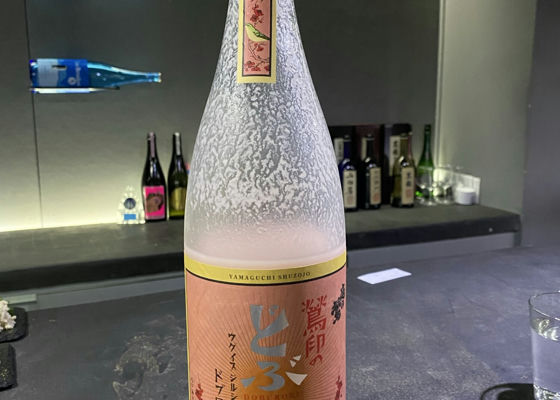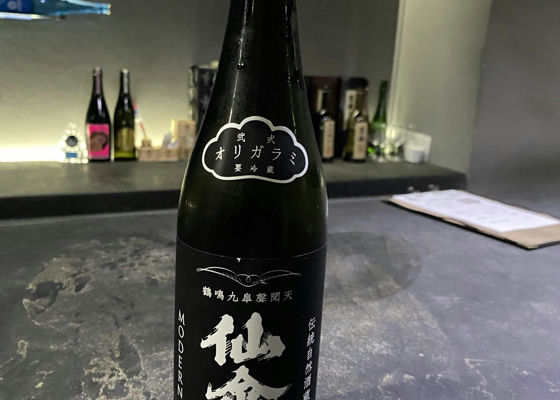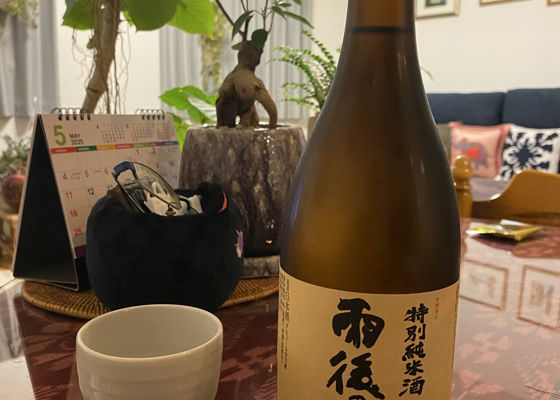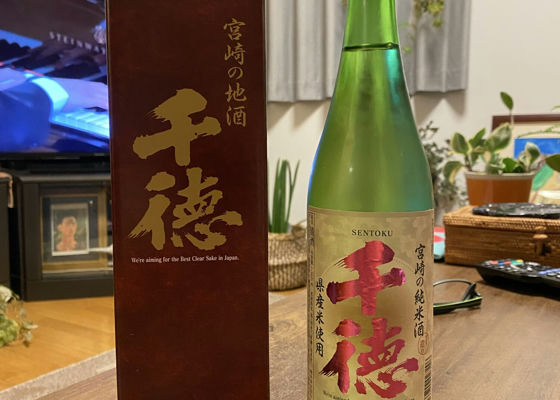Kaze no Mori秋津穂507 真中採り
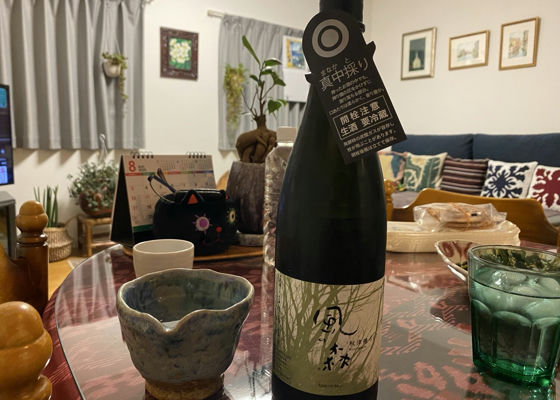
YukiOk0408
Commentary.
Kaze no Mori is pleased to introduce Akitsuho 507 Midori Kari, a limited edition product that is released on an irregular basis.
It is brewed with 50% polished rice from contract-grown Akitsuho rice in Nara Prefecture, which is also known as "Kaze no Mori good rice," using No. 7 yeast and super-hard water from the Kongo-Katsuragi mountain range. The sake is bottled using an extravagant method called "maka-hakuribori," in which the sake is slowly fermented at a low temperature for a long period of time and only the dripping part is collected without applying pressure to the pressing machine.
This is a pure and flavorful bottle made with the Aburacho Shuzo's unique technique of "mid-pasteurization". The production quantity is very small, and it is often sold out immediately after arrival. Do not miss it!
The fruity aroma is pleasant and gorgeous. You can also feel a hint of freshness.
The light sweetness like Japanese pear and sparkling acidity spread softly with a fresh gas feeling that is unique to Kaze no Mori. The juicy flavor can be clearly sensed, and the bitter nuances that form the foundation of the flavor and a touch of minerality can be enjoyed at the back. The gentle aftertaste smoothly dissolves and converges with exquisite sharpness. You can fully enjoy the rich aroma of this wine.
It is delicious. It is mellow and numbing.
No doubt.
Only one bottle left. Lucky me!
Japanese>English
